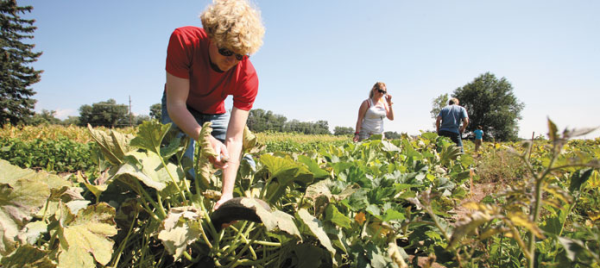SO190 - Topics in Sociology
Examination of a variety of sociological issues and problems. Topics will vary from year to year depending on the interests and expertise of the faculty. (Not offered 2025-26).
.75 to 2 units
Previously Featured Offering
Food and Social Justice reveals the relationship between food and inequality. Using a sociological perspective, students will uncover the social, economic, and political aspects of food distribution, consumption, and production.

We are living in a time when food is attracting a lot of attention. People want to know where their food comes from, how it was prepared, what impact it might have on their health and on the environment, and what role it plays in the structures of social inequality. This course applies a sociological perspective to investigate theories and patterns of production and consumption and social inequality through the lens of food, asking such questions as: To what extent are food preferences the properties of individuals, and to what extent
are they socially structured? How do food opportunities and patterns of food consumption reflect and shape the structure of social inequality? In what ways do food practices shape social boundaries? We will look closely at central research themes in food studies, developing an understanding of where our food comes from, how the political, economic, social, and cultural dimensions of food production, distribution, and consumption operate across the axes of local and global domains, and how problems and insufficiencies in our food system have spawned a multiplicity of contemporary food movement projects linked to the priorities of social justice. Our study will take you out of the classroom and into the local community, exploring aspects of food deserts using geospatial mapping, ethnography and visual sociology, interacting with community leaders through focused inquiry projects that examine the practices and aims of local food justice organizations, and participating on the ground with local community food justice efforts. Honing your insights into the complexities of the food system, your work in this course will reward you with a new framework for understanding your own food practices and the practices of others in relation to the political, economic social and cultural dimensions of food.
No offerings are currently scheduled.
Report an issue -
Last updated: 08/17/2025



